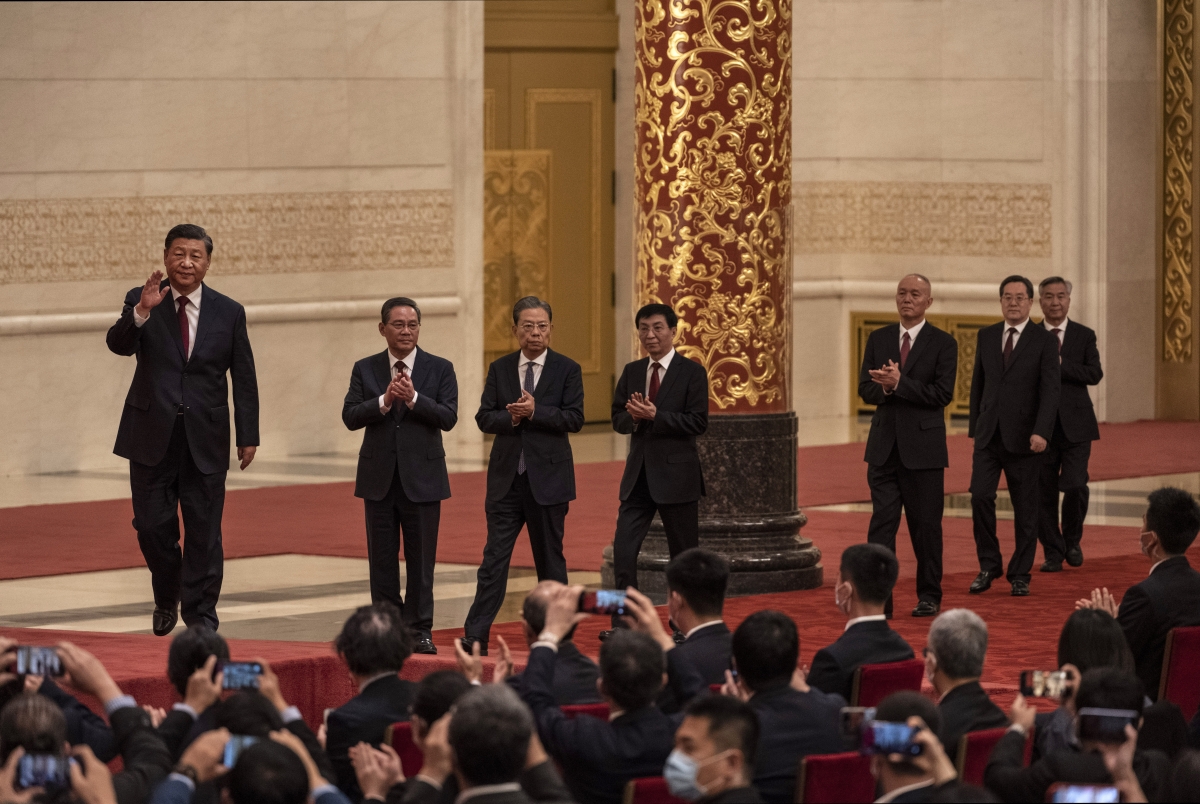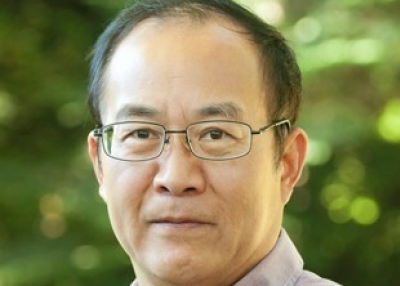The China Challenge: New Leadership Focuses on the Struggle for Security
Discourse

The following is an excerpt of Asia Society Policy Institute Center For China Analysis Senior Fellow Guoguang Wu's article originally published in Discourse.
The new leadership of the Chinese Communist Party (CCP) was announced to the world on Oct. 23, 2022, following the close of the party’s 20th National Congress. As the CCP has a monopoly on state power in China, its leadership is also the highest leadership in the country. The Politburo is the supreme authority of power for the CCP, while the Politburo Standing Committee (PBSC) handles everyday decision-making on its behalf. Therefore, the 24 members of the Politburo, seven of whom sit on the PBSC, have attracted attention worldwide for what they might reveal about China’s direction in the next five years.
One remarkable feature of the new leadership of the Politburo, the Central Secretariat (which operates the CCP’s internal affairs) and the PBSC is the disproportionate number of members with security-related backgrounds. This is particularly notable among the new members of these powerful organizations. Who are these people, and what does their disproportionately large presence mean for China and the world?
The Rise of Security Personnel in CCP Leadership
Observers agree that as Xi Jinping begins his third term as party chief, he has gained overwhelming domination over the new leadership. The protégés of former party chiefs Jiang Zemin and Hu Jintao have been pushed to retire or semi-retire, and all have been excluded from the Politburo and the Central Secretariat. Meanwhile, Xi’s men — literally, as no women are included — retain power, despite their old age, and Xi has promoted more of his men (both young and old) to the leadership bodies.
In total, 13 high-ranking officials have just joined the Politburo, and two more have joined the Central Secretariat. They come from different career backgrounds and from various leadership positions. However, one common feature is prominent: Among these 15, at least 10 have backgrounds in security, the military or the military industry. Appointing them to China’s highest leadership shows an extraordinary emphasis on leaders with security-related experience and responsibilities.

